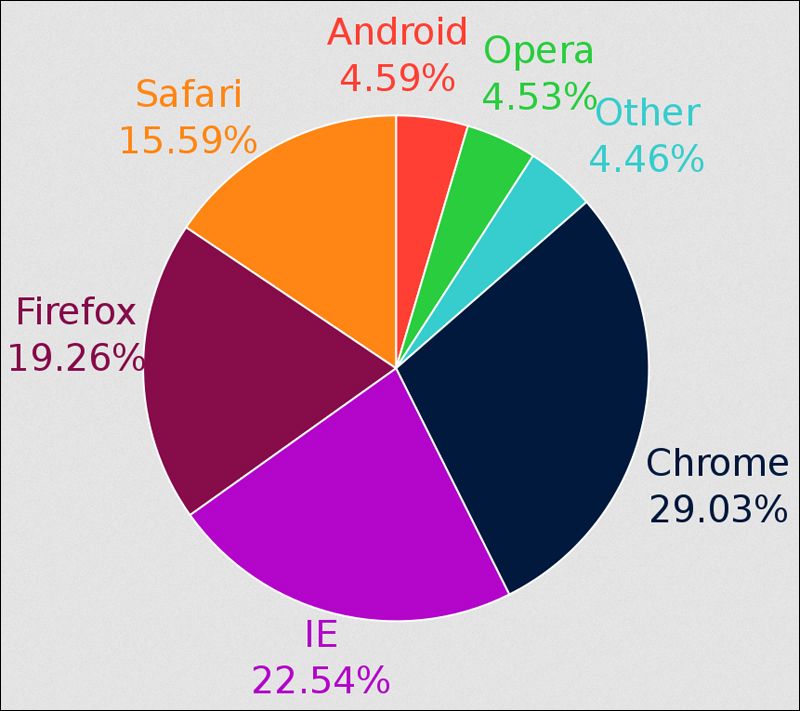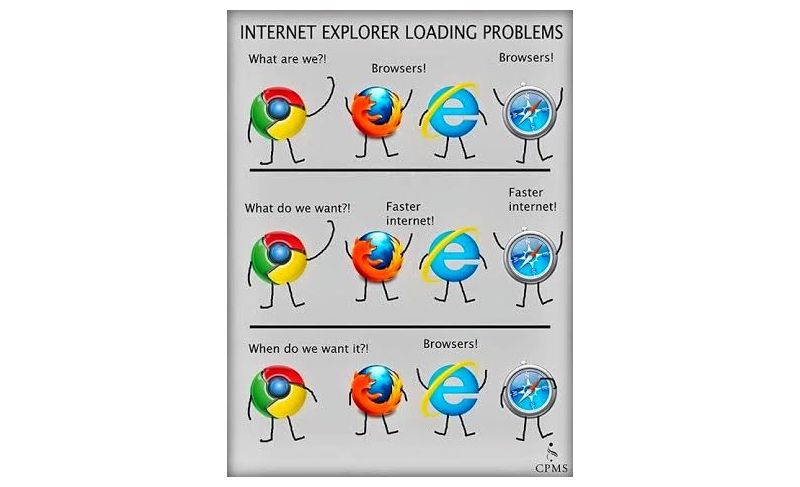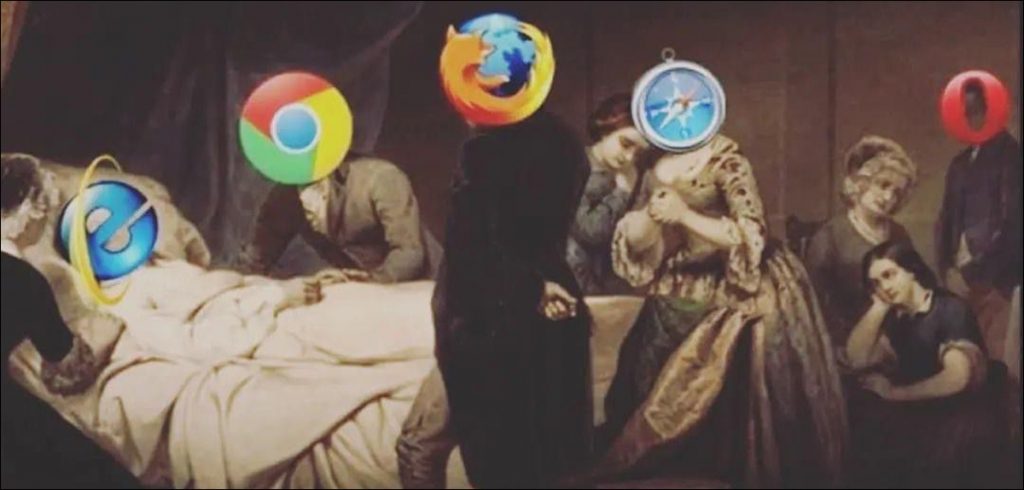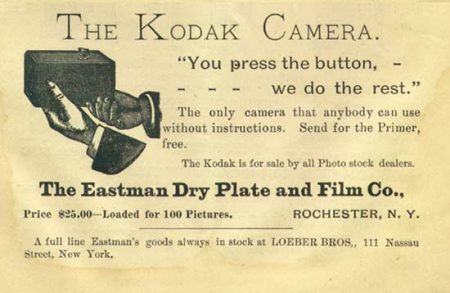Microsoft’s OG browser shuts down after 27 years! Internet Explorer will be gone but not forgotten
For the 80s and 90s born today marks an end of an era of how they have seen the ‘window’ to the world! Internet Explorer will be gone, but not forgotten by the generation that learnt what it meant to ‘browse’ and on the flip side learnt the ‘virtue of patience’ when the browser never responded! Internet Explorer officially shuts down today (June 15, 2022) after 27 years. While Bill Gates jokingly mentioned that this is because of the shortage of microchips, this change has been long coming. While the Internet Explorer rings in nostalgia of a bygone era of classic ‘close and reopen’, crashing and slow loads, there are quite a few companies that have also been slow in adopting different browsers due to familiarity issues.
For Andy (IT Manager), “The Internet Explorer combined with the crackle of the dialup was my first taste of the internet back in 1996!”
Microsoft Edge that succeeds the Explorer in some cases where it is not seamlessly compatible. Many of the macros and robotic processes need to be reconfigured. If a company has not caught the end-of-life application in their plans, this may cause some issues in the day-to-day functions.
“It is a melancholic thought that my children would never experience the ‘exhilaration’ not the ‘exasperation’ that has led us to enjoy the browsers we now have got so accustomed to enjoy! Although, I have to admit, my infrastructure, development and testing teams are quite relieved to not include such dated application in our inventory. It is amazing to see how fast technology has grown since the advent of Netscape Navigator and Internet Explorer to the browsers we have now!” continues Andy.
Humble Beginnings
In 1994, a company called Spyglass worked with National Centre for Supercomputing Applications (NCSA) and licensed Mosaic browser to develop their web browser as an integrated platform shared code base. While they never actually sold the product, they licensed the codebase to all providers. Netscape was a front-runner where they created their ‘navigator’ browser and released it in 1994. Microsoft soon spotted the market and decided to license the browser rather than build a new one and created Microsoft Internet Explorer 1.0. Spyglass was supposed to get a base quarterly fee and a royalty from the revenue of selling Explorer. However, since Microsoft bundled the Explorer, they never made any direct revenue. Microsoft subsequently paid only the minimum quarterly fee to Spyglass ending up in a suit which resulted in Microsoft settling for US$8 million.
Microsoft did have their fair share of issues with the Department of Justice and twenty US States. They were found bundling IE with the operating system and OEM computer manufacturers were held to include them in the systems that was shipped. No other web browsers were allowed, hence causing a monopoly. Microsoft maintained that integration of its web browser into its operating system was in the interests of consumers.
Market Share

Microsoft Internet explorer started with a humble market share of less than 4% against Netscape Navigator’s market share of 89% in 1997. It soon rose to prominence in the 2000s with maximum market share of 96% in 2002, with a steady share until its decline with competitors like Chrome, etc., dipping to 10% in 2015. Currently Internet Explorer and Edge stand at a humble 4.5% against their competitors.
How did it decline?

In simple terms, programmers in the 90s used to create applications and websites based on what Internet Explorer could do. Microsoft in the prime refused to adhere to standards set by the World Wide Web consortium. The shortcomings were never fully addressed or new releases made. There was a staggering 70 releases in Chrome as against 4 releases from Microsoft in some instances.
The competition was a lot more reciprocal to the market demands and set better standards.
Firefox and Chrome started eating into the market share. Internet Explorer had a total of 11 versions against the counterparts of Chrome updating the software on a regular basis.
Microsoft moved to calling themselves a ‘compatibility solution’. IE has been deemed as an unsafe browser and since they are not modern web standards, so the developers aren’t testing.
In IE 11 if someone compiled JavaScript to ES5 instead of ES6 increased the bundle sizes by 30% in many cases causing significant performance issues.
Microsoft Edge is catching up by ditching its engine to Chromium, however, it’s too little too late.
What happens next?
The retirement of the beloved Internet Explorer need not be a major cause of worry for its current users as you will simply be redirected to the new version of Microsoft Edge. For all others, looking for a varied experience, there are plenty of browsers based on their needs including Chrome and Safari at the touch of the finger!
In case you missed:
- None Found










1 Comment
Thank you for sharing the information about the end of an internet explore era, it is good article , keep sharing.